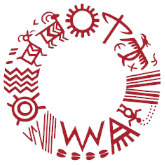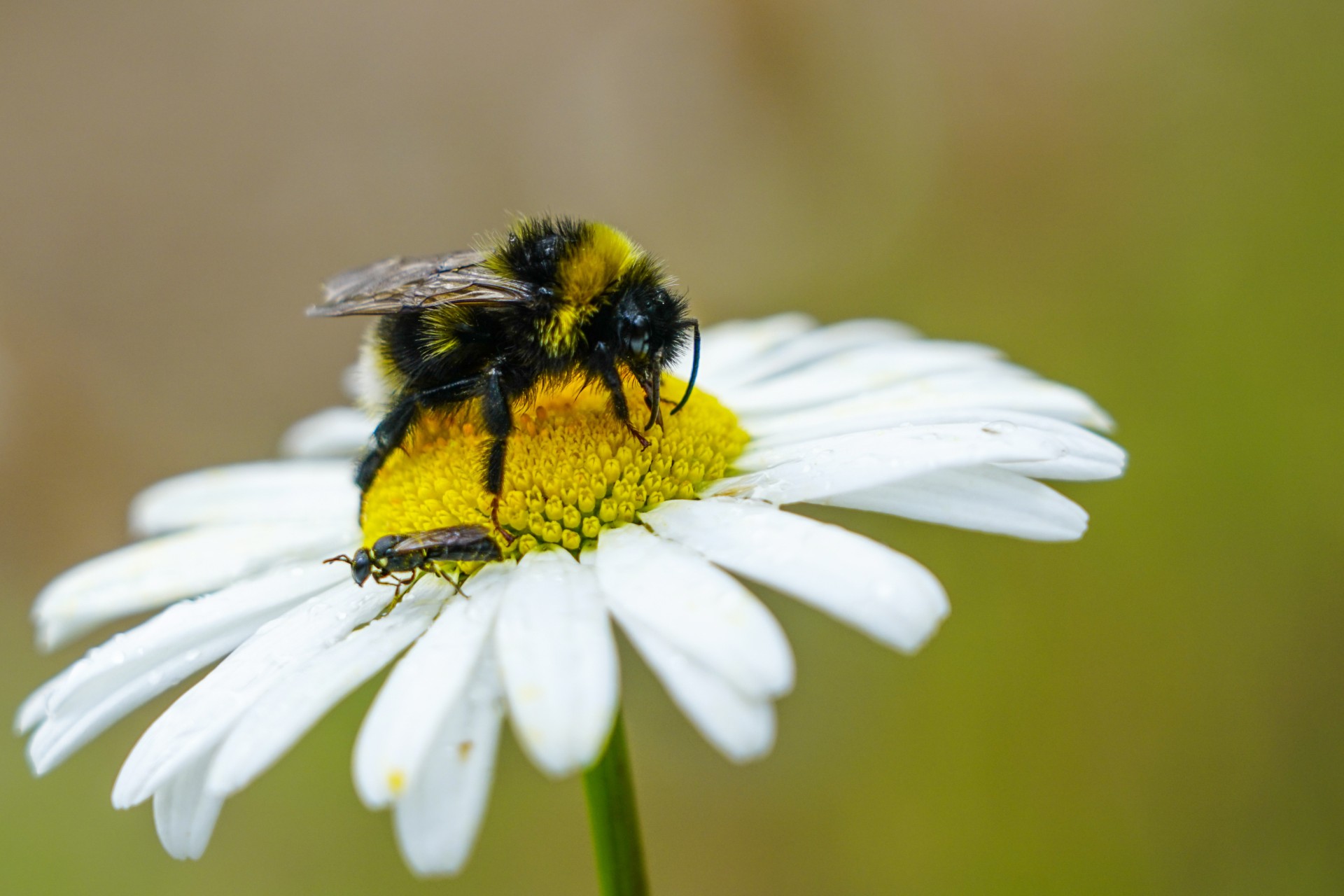December 17, 2024
Pollinators are essential for the health of an ecosystem and the success of both native and agricultural plants. It’s been estimated that greater than 85% of flowering plants rely on pollinators for reproduction. British Columbia (BC) has the most ecologically diverse region of Canada, and it is estimated that over half of Canada’s bee species are found in BC, with many species being unique to the province. Despite this, there has been limited assessment of pollinator populations in the past decade in BC.
The Role of Pollinators in Indigenous Communities and Native Ecosystems
Insect pollinators are essential for the continued reproduction and sustainability of many native plant communities that are used, or were traditionally used, by indigenous communities in BC. Considering significant insect pollinator loss globally, surveys of current species are vital to inform conservation efforts and mitigate potential impacts of future development on these threatened pollinator populations.
Without these insects, the sustainability of these plants—and the ecosystems they support—is threatened. As pollinator species face increasing global decline, documenting their current populations is essential. This data informs conservation efforts and helps mitigate the impacts of future development on these critical species.
AEW’S Pollinator Project
This summer biologists at A.E.W. LP worked on a Pollinator project to better understand pollinator species diversity in the Homeland.
Each month throughout the spring and summer A.E.W. LP field staff deployed traps in various locations to capture insect pollinators. After 48 hours, the traps and the captured insects were collected, and the insects were stored in the freezer until identification could begin.
Thawed pollinators were pinned, labeled, and stored for later microscopic identification. The A.E.W. LP staff is now going through the process of identification, which will be ongoing throughout the winter months.
Conclusion
With the information gathered, A.E.W. LP can further the understanding of pollinator species diversity in the region. Developing this knowledge will be a critical step in providing recommendations for protection of pollinators and ultimately maintaining a healthy, functioning ecosystem. Through these initiatives, A.E.W. LP contributes to both ecological conservation and the safeguarding of culturally significant native plants.

